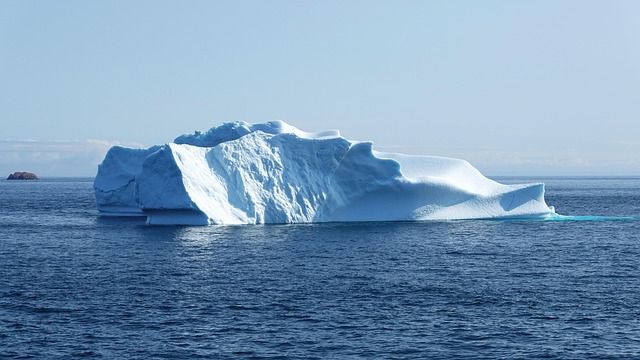Melting Minds: How Education Can Drive Environmental Change in the Face of Climate Crisis
The world is experiencing unprecedented changes due to climate change, and the ice caps are melting, seemingly reflecting the urgency and fragility of the situation humanity now faces. As temperatures rise and weather patterns shift, we find ourselves at a critical juncture where education plays a pivotal role in not just informing, but transforming minds and actions regarding environmental stewardship.
Education acts as a powerful catalyst for change. It has the potential to ignite passion and responsibility within individuals, communities, and nations, urging them to take sustainable actions. When people are educated about the environmental issues we face, they can better understand the complexity of the climate crisis, leading to informed decisions that can help mitigate its effects.
Schools, universities, and community centers can serve as important platforms for disseminating knowledge about climate change. Through engaging curriculums that encompass scientific facts, environmental ethics, and sustainability practices, educators have the ability to nurture deeply environmentally conscious citizens. Programs that integrate hands-on approaches such as gardening, recycling initiatives, and conservation efforts help students connect theory with practice, making the concept of sustainability not just a lesson, but a way of life.
However, education extends beyond formal institutions; it resonates within families and communities. Informal education provides a unique opportunity to share stories and experiences related to the environment. Community workshops can empower individuals to adopt eco-friendly practices, whether through reducing waste, conserving energy, or advocating for policy changes. This grassroots movement fosters a collective understanding of the urgency we face as a planet and champions collaborative actions.
Moreover, technology has transformed the way we educate and engage with environmental issues. Online platforms and social media can disseminate information rapidly and widely, elevating awareness about climate change among diverse populations. Virtual learning environments allow for interactive discussions, webinars, and collaborative projects that can unite people across borders. This global perspective is essential as climate change knows no boundaries and requires a united front in addressing environmental degradation.
Additionally, integrating climate education into local cultures allows for greater relevance and impact. When education is framed within the context of a community’s own environmental challenges and resources, individuals are more inclined to participate in sustainable practices. By highlighting the interconnectedness between social issues and environmental health, we can foster a holistic approach that recognizes that education is fundamentally intertwined with our planet’s wellbeing.
The process of educating the next generation about climate change is a long-term investment in a sustainable future. Students who learn about environmental issues will become the leaders, innovators, and advocates of tomorrow. Empowering them with knowledge not only equips them to tackle the challenges of climate change head-on but also inspires them to dream of solutions that have yet to be conceived.
As we confront the realities of a warming world, it is imperative for all stakeholders—governments, educational institutions, and individuals—to recognize the transformative potential of education in fostering environmental change. The melting ice caps bring urgency, but they also serve as a poignant reminder that we have the tools to educate, inspire, and innovate our way toward a more sustainable future.




